<< Previous | Displaying results 531-540 of 544 for "world war I" | Next >>
Kosta was the oldest of five children born to Serbian Orthodox parents in a poor farming village. Podum was on the slopes of Mount Um in the Croatian part of Yugoslavia. After finishing secondary school, Kosta immigrated to the United States. But when World War I broke out in 1914, he returned to Podum. In 1920 he married Anka, a Serb woman from his village, and they raised eight children. 1933-39: Kosta would read the newspaper to his friends and neighbors who could not read. He supported his family by…
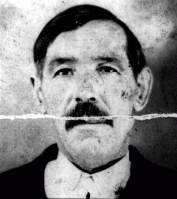
Anti-Jewish measures took effect in Bulgaria after the beginning of World War II. In March 1941, Bulgaria joined the Axis alliance and German troops passed through Sofia. In May 1943, Norbert and his family were expelled to Plevin in northern Bulgaria, where they stayed with relatives. After the advance of the Soviet army in 1944, Norbert and his family returned to Sofia.
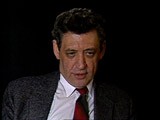
Under the Nazis, Jewish and other “non-Aryan” women were often subjected to brutal persecution. Learn more about the plight of women during the Holocaust.
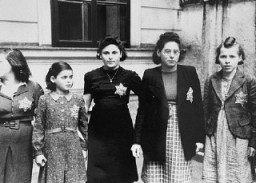
How did Christians and their churches in Germany respond to the Nazi regime and its laws, particularly to the persecution of the Jews? Learn more.
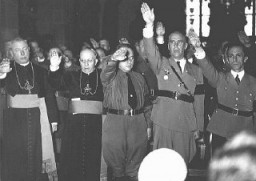
Allowing arrests without a warrant or judicial review was a key step in the process by which the Nazi regime moved Germany from a democracy to a dictatorship
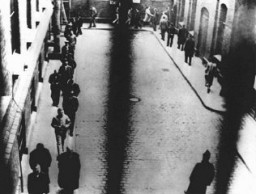
Nazi student groups played a key role in aligning German universities with Nazi ideology and in solidifying Nazi power.

Article 48 allowed the German president to declare a state of emergency in times of national danger and effectively to rule as a dictator for short periods. Learn about its far-reaching effects.
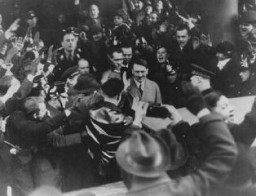
Learn about the establishment and history of the Dachau subcamp München-Schwabing, and the role of Eleonore Baur (also known as Schwester Pia or Sister Pia).
The Herzogenbusch concentration camp in the Netherlands began functioning in January 1943. Learn about its establishment, administration, prisoners, and conditions there.
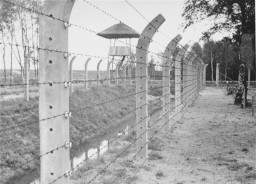
Both of Charlene's parents were local Jewish community leaders, and the family was active in community life. Charlene's father was a professor of philosophy at the State University of Lvov. World War II began with the German invasion of Poland on September 1, 1939. Charlene's town was in the part of eastern Poland occupied by the Soviet Union under the German-Soviet Pact of August 1939. Under the Soviet occupation, the family remained in its home and Charlene's father continued to teach. The Germans…
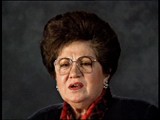
We would like to thank Crown Family Philanthropies, Abe and Ida Cooper Foundation, the Claims Conference, EVZ, and BMF for supporting the ongoing work to create content and resources for the Holocaust Encyclopedia. View the list of donor acknowledgement.